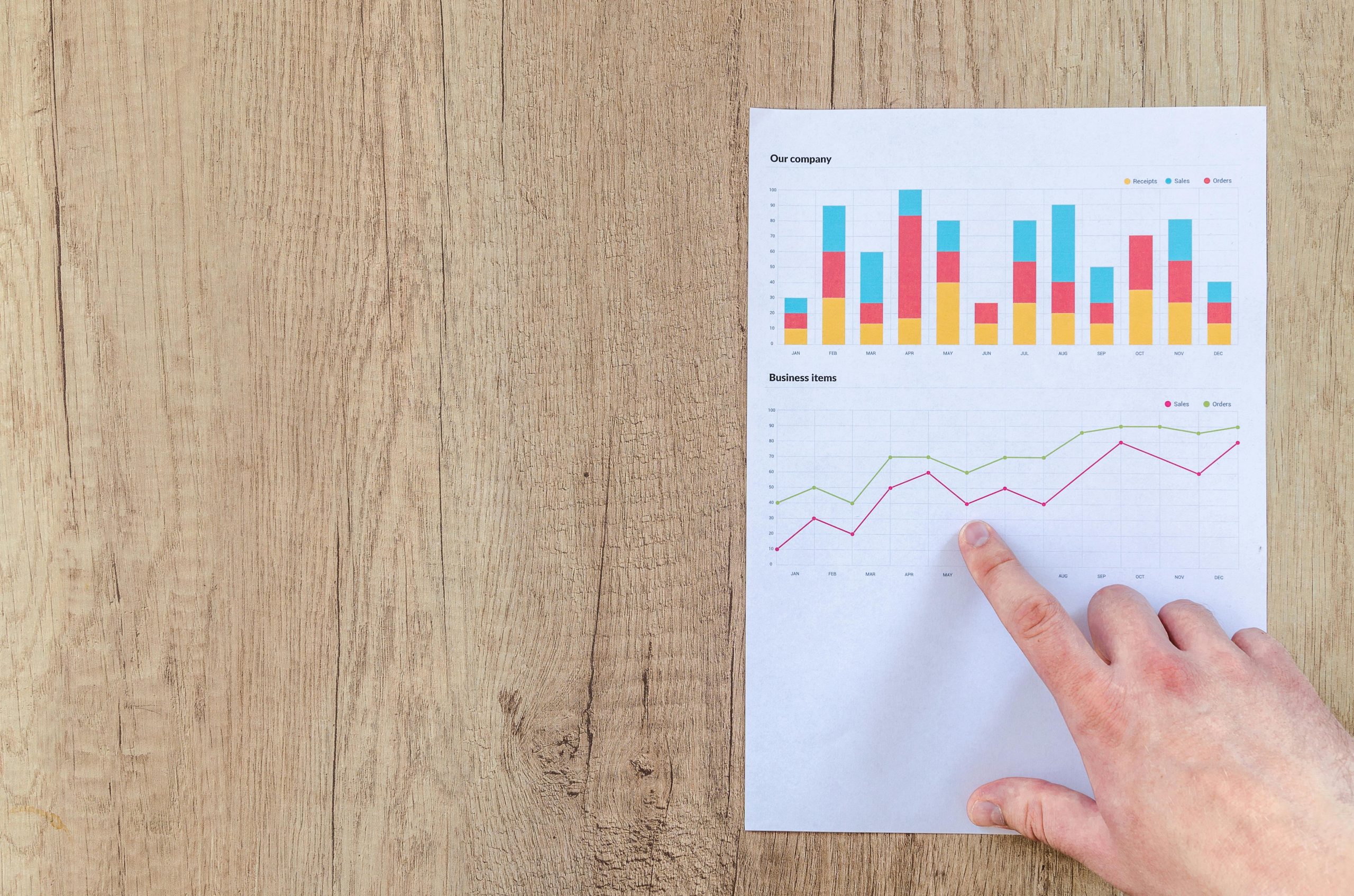Staying up all night can be challenging, but sometimes it becomes necessary due to work deadlines, study needs, or other commitments. Here are some tips to help you effectively pull an all-nighter:
Prepare Ahead of Time: If possible, try to adjust your schedule in the days leading up to the all-nighter by staying up slightly later and waking up later. This can help your body adjust to the change.
Create a Plan: Know exactly what tasks you need to accomplish. Prioritize the most important tasks first when you’re likely to be most alert.
Take Short Breaks: Brief breaks every hour or so can help maintain your focus and efficiency. Try the Pomodoro technique, which involves 25 minutes of focused work followed by a 5-minute break.
Hydrate: Keep a bottle of water handy and sip regularly. Staying hydrated can enhance your concentration and stave off fatigue.
Use Caffeine Wisely: Caffeine can be a useful tool for staying awake, but use it strategically. Don’t start with strong doses; gradually increase your intake throughout the night. Avoid caffeine close to the time you plan to finish to help your body wind down.
Eat Light and Healthy Snacks: Consuming heavy meals can make you feel sluggish. Instead, opt for nutritious snacks like nuts, fruits, or yogurt to keep your energy levels stable.
Move Around: Physical activity can re-energize you. Stand up, stretch, or take a quick walk to get your blood circulating and alleviate fatigue.
Ensure Good Lighting: Bright lighting can trick your body into staying awake, so work in a well-lit area.
Avoid Digital Distractions: Stay focused by limiting time on social media and personal emails. Consider using apps that block distracting websites.
Stay Cool: A cooler room temperature can help keep you awake. Use a fan or air conditioning if necessary to prevent getting too comfortable and sleepy.
Stay Mentally Engaged: Engage in tasks that require active thinking or problem solving to maintain alertness.
Remember that while pulling an all-nighter can be sometime necessary, it should not become a regular habit, as it can negatively affect your health and cognitive functions. Aim for short power naps after completing your work and try to recover with a good rest afterward to recharge your body fully.



